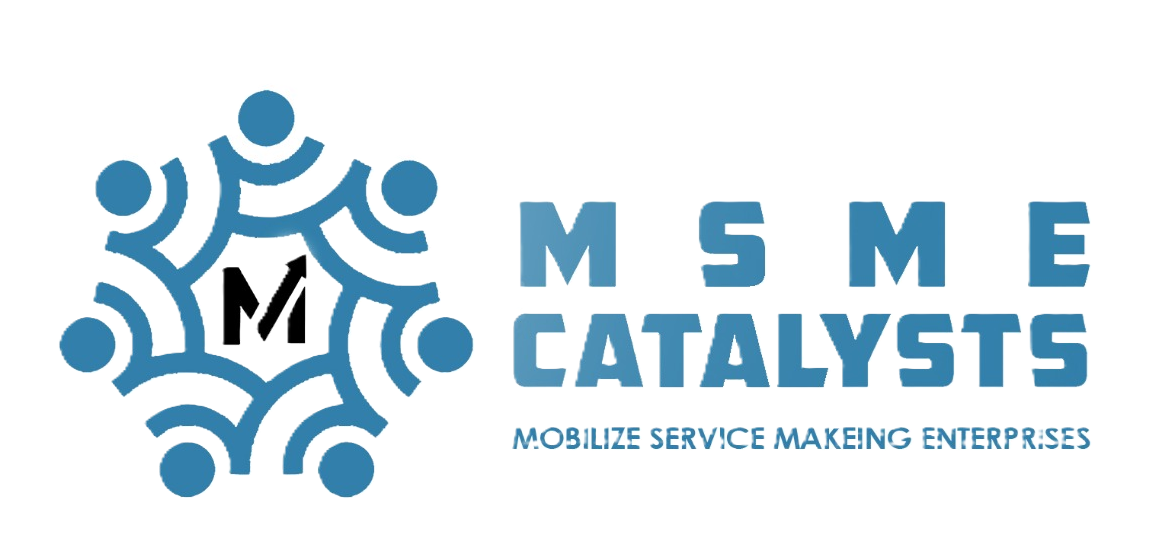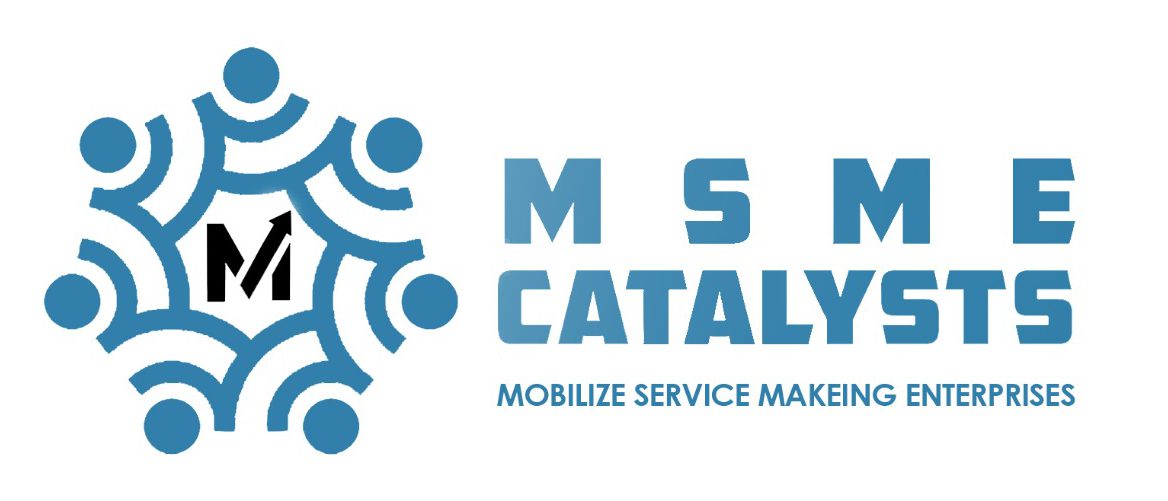Subtotal $0.00
When developing digital solutions, selecting the appropriate programming language and framework is crucial to meet your project’s specific requirements. Two popular options are ASP.NET for C# and various PHP frameworks.
ASP.NET is an open-source web framework developed by Microsoft for building modern web applications and services with .NET. It allows developers to create dynamic web pages using HTML, CSS, and JavaScript, and supports multiple development models, including Web Forms, MVC, and Web Pages (
PHP Frameworks offer a range of tools for building web applications efficiently. Some of the most widely used PHP frameworks include:
- Laravel: Known for its elegant syntax and robust features, Laravel simplifies development tasks such as authentication, routing, sessions, and caching (SitePoint).
- Symfony: A modular PHP framework with a built-in debugging system and extensive documentation, suitable for building complex and scalable web applications (Hostinger).
- CodeIgniter: A lightweight PHP framework with MVC support, ideal for creating lightweight web applications (Hostinger).
1. ASP.NET
ASP.NET is a versatile and powerful framework developed by Microsoft for building dynamic web applications and services. It supports multiple programming languages, primarily C# and VB.NET, and can be used for small applications as well as large, enterprise-level solutions.
Key Features of ASP.NET:
- Cross-Platform: With .NET Core, ASP.NET applications can now run on Windows, Linux, and macOS, allowing more flexibility for development and deployment.
- Robust Security: Offers built-in security features like Windows Authentication and form-based authentication, as well as other security tools to protect against common threats like SQL injection and Cross-Site Scripting (XSS).
- MVC Architecture: ASP.NET supports the Model-View-Controller (MVC) architecture, allowing developers to separate concerns (business logic, UI, and database) for better code maintenance and scalability.
- Integration with Microsoft Ecosystem: ASP.NET easily integrates with other Microsoft products, such as Azure, Microsoft SQL Server, and Active Directory, making it an ideal choice for companies already invested in the Microsoft ecosystem.
- High Performance: With features like asynchronous programming and built-in caching mechanisms, ASP.NET provides high performance, even under heavy loads.
Ideal Use Cases for ASP.NET:
- Enterprise-level applications: ASP.NET is a strong choice for large-scale applications that require high performance, scalability, and security. For example, banking, healthcare, and e-commerce systems.
- Cloud-based applications: ASP.NET works seamlessly with Azure, making it ideal for cloud-based solutions.
- Web APIs: You can easily build RESTful services using ASP.NET, especially with the Web API framework.
Examples of ASP.NET Use:
- Stack Overflow (runs on ASP.NET Core)
- Microsoft products like Office 365 and Outlook
2. PHP Frameworks
PHP is a popular scripting language that is widely used for web development. PHP frameworks provide pre-built modules and libraries to help speed up development, encourage good coding practices, and allow developers to focus on the core functionality of their applications.
Popular PHP Frameworks:
- Laravel: Laravel is known for its elegant syntax and developer-friendly features. It includes a built-in ORM (Eloquent), supports MVC architecture, and has robust tools for tasks like authentication, sessions, and caching. Laravel is often chosen for modern, scalable web applications.Ideal Use Cases: Web applications requiring complex logic, e-commerce platforms, and APIs.
- Symfony: Symfony is a highly flexible and modular framework with reusable components, making it ideal for large-scale enterprise applications. It offers great performance, supports test-driven development, and integrates well with third-party libraries.Ideal Use Cases: Large enterprise applications, Content Management Systems (CMS).
- CodeIgniter: CodeIgniter is a lightweight PHP framework known for its simplicity and speed. It is an excellent choice for building simple, lightweight applications that don’t require complex architecture.Ideal Use Cases: Smaller applications, rapid prototyping, and lightweight REST APIs.
- Zend Framework: A more enterprise-level PHP framework with a wide range of built-in features. Zend focuses on security, performance, and extensibility, making it ideal for mission-critical applications.Ideal Use Cases: Enterprise applications that require robust security and scalability.
Key Features of PHP Frameworks:
- MVC Architecture: Like ASP.NET, PHP frameworks also follow the MVC pattern, making it easier to separate the presentation, logic, and data layers.
- Active Developer Community: PHP frameworks, especially Laravel and Symfony, have large and active communities, which means extensive documentation, plugins, and third-party tools.
- Database Abstraction: PHP frameworks come with built-in ORM systems, like Eloquent in Laravel or Doctrine in Symfony, allowing developers to interact with databases without writing raw SQL.
- Tons of Packages: PHP frameworks offer numerous packages for handling authentication, file uploads, and caching right out of the box.
Examples of PHP Framework Use:
- Facebook (initially built on PHP)
- WordPress (uses PHP)
Comparison of ASP.NET and PHP Frameworks:
| Aspect | ASP.NET (.NET Core) | PHP Frameworks (Laravel, Symfony, etc.) |
|---|---|---|
| Performance | Generally higher due to native compilation, great for large-scale apps | Good, though depends on the framework and optimizations. |
| Ease of Use | Requires knowledge of C# or VB.NET; a steeper learning curve | Easier for beginners to get started with PHP, especially with Laravel. |
| Cross-Platform | Fully cross-platform (Windows, Linux, macOS) with .NET Core | Cross-platform, but primarily hosted on Linux. |
| Community Support | Strong support from Microsoft and corporate users | Massive community support with many open-source contributors. |
| Cost | Free and open-source (but Azure and other Microsoft services can cost) | Mostly free and open-source, lower hosting costs. |
| Scalability | Excellent for large, complex systems, especially when paired with Azure | Scalable, but may require more manual configuration. |
| Security | High-level security features built-in (e.g., Windows Auth, OAuth) | Secure, but security measures depend on the framework. |
| Development Speed | Rapid development tools (Visual Studio, built-in testing) | Laravel has tools like Artisan CLI that speed up development. |
When to Choose ASP.NET:
- If you’re already invested in the Microsoft ecosystem or need strong integration with Azure.
- For projects requiring enterprise-level security and performance.
- When building cloud-native applications or using microservices.
When to Choose PHP Frameworks:
- If you’re looking for an open-source solution with lower hosting costs.
- For rapid development of smaller to medium-scale web applications.
- If your team has expertise in PHP or you’re migrating a legacy PHP project.

